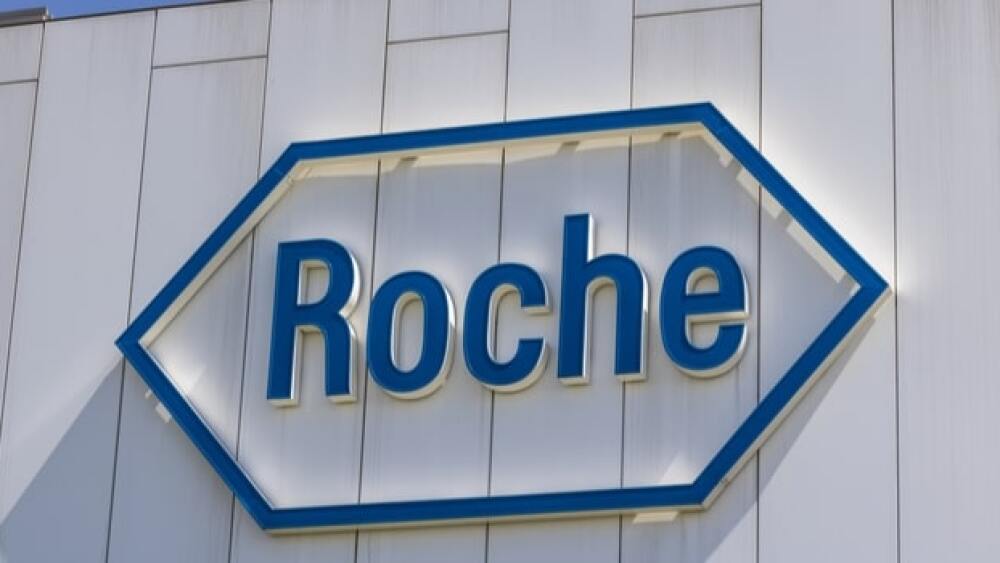The antibody is still being evaluated in clinical studies, with a large-scale Phase III trial expected to wrap in the second half of 2022.
Jonathan Weiss/Shutterstock
Switzerland-based Roche is in talks with the U.S. Food and Drug Administration (FDA) over its own Alzheimer’s drug candidate, gantenerumab. The antibody is still being evaluated in clinical studies, with a large-scale Phase III trial expected to wrap in the second half of 2022.
The FDA set a precedent in its unexpected and controversial approval of Biogen’s Aduhelm for Alzheimer’s disease. It was approved not based on clinical efficacy but instead on a surrogate endpoint that it cleared amyloid plaques. This is particularly controversial because many experts, and quite a few previous clinical studies, say that clearing amyloid does not necessarily improve the disease. Yet now, several biopharma companies with drugs in the pipeline or that previously were abandoned for clearing amyloid but not showing cognitive and memory improvement are being reevaluated.
“There is a continued dialogue with the FDA. I wouldn’t be able to speculate what the outcome of this dialogue will be,” Roche’s Chief Executive Officer Severin Schwan told reporters.
He added, “Our trial is a well-designed, very comprehensive trial so, whatever the outcome of this trial will be, we will have a definitive answer of what we can do for patients with this terrible disease so let’s keep fingers crossed.”
In late June, a few weeks after the FDA’s June 7 approval of Aduhelm, Eli Lilly and Co. announced it planned to request accelerated approval from the FDA for its Alzheimer’s candidate, donanemab. The company indicated plans to file the application based on results from a Phase II study that in January 2021 demonstrated it slowed the rate of decline in cognition and function.
Schwan’s comments were part of Roche’s second-quarter report. The company reported half-year group sales up 8%, Pharmaceutical Division sales dropped 3%, although they rose 4% in the second quarter after a first-quarter drop of 9%. New drugs increased sales by 30%. The company’s Diagnostics Division grew 51%, mainly on the backs of COVID-19 tests.
The company also noted it was dropping some compounds from its pipeline. These include selicrelumab combinations in solid tumors, which was in Phase I. Selicrelumab is a CD40-targeting drug. They also dropped two gene therapies it was partnered on with 4D Molecular Therapeutics in Phase I. The programs included 4D-110 for choroideremia and 4D-125 for X-linked retinitis pigmentosa. Other programs on the chopping block included BCMAxCD16a bispecific RG6206 in multiple myeloma, which it partnered with Affimed, and EOS789 that it was partnered on with Chugai for hyperphosphatemia.
Schwan stated, “We have achieved good results in the first half, primarily thanks to the demand for our new medicines and COVID-19 tests. The Pharma Division began to grow again in the second quarter. The base diagnostics business shows strong momentum.”
He went on to say, “As expected the demand for COVID-19 tests peaked in the second quarter and is likely to decrease in the second half of the year even though this of course depends on how the pandemic will develop and significant uncertainties remain. This virus will stay with us, it will continue to mutate, and as such there will be a continued need for vaccines, for new vaccines and boosters, as well as tests and medicines.”





